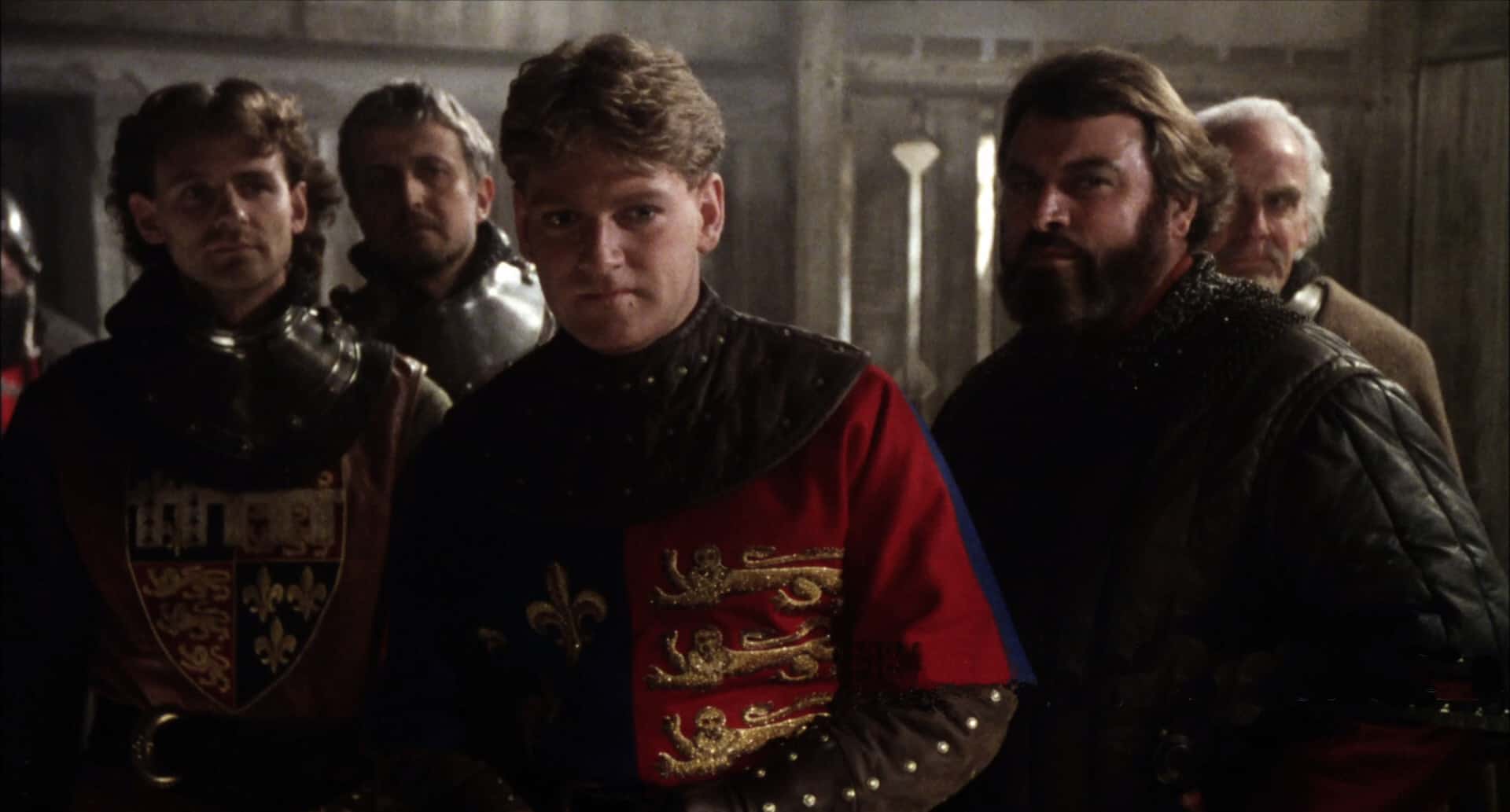Six centuries have passed since that August 31, 1422, when, struck by a serious illness, an unrepentant libertine who became one of the greatest kings of his people died at the age of 35 in the château of Vincennes, at the gates of Paris: Henry V of England.
The prince of Wales was born in September 1387 in Monmouth, southeastern Wales, the eldest son of Henry IV. Having ascended the throne at 15, as Shakespeare recounts, he so denied his past that he replied to his old drinking companion, Falstaff:
I know thee not, old man: fall to thy prayers […]. Presume not that I am the thing I was; for God doth know, so shall the world perceive, that I have turn’d away my former self; so will I those that kept me company. When thou dost hear I am as I have been, approach me, and thou shalt be as thou wast, the tutor and the feeder of my riots: till then, I banish thee, on pain of death, as I have done the rest of my misleaders, not to come near our person by ten mile. For competence of life I will allow you, that lack of means enforce you not to evil: and, as we hear you do reform yourselves, we will, according to your strengths and qualities, give you advancement. Be it your charge, my lord, to see perform’d the tenor of our word. Set on.[1]
Questioned by Henry, the Archbishop of Canterbury confirmed the validity of the English dynastic claims on France. Thus the king, while avoiding useless bloodshed as much as possible, inaugurated the second phase of the most dramatic of the continuous fratricidal wars among the Christian peoples of Europe: the protracted Hundred Years’ War, which pitted the English monarchy to the French one between 1339 and 1453. On October 25, 1415, Saint Crispin’s Day, Henry V was victorious over the French of King Charles VI in the decisive battle of Agincourt, a village in the north of France.
The English sovereign, and especially this central episode of his reign, is celebrated by William Shakespeare (†1616) in Henry V, chronicle play in five acts, written in prose and verses, staged for the first time in the summer 1599 at the Globe Theatre of London, just built. Also in this work we note “how the profound humanity of Shakespeare, ever open to adventurous and poetic exploration, leads to the discovery of the moral laws, which make life great and sacred, and lead us back to a religious understanding of the world.”[2]
Perhaps many will remember the movie version by Kenneth Branagh (b. 1960), Irish-born English actor, director, and writer, who in 1989 made his movie debut just with that Shakespearean play. Branagh said of his movie:
My character experiences the drama of inner conflict, of contradiction, authentic humus of the whole Shakespearean discourse in its entirety. It’s a war movie against war […], in Shakespeare — and here is his amazing modernity — the ‘enemy’ always hatches within himself, the kings are tormented, one with the social and moral drama they are experiencing.[3]
The play provides a careful exploration of the protagonist, forced to face the pressures of his leadership role… Henry the Fifth is a mixture of great personal charm, tragic heroism, but also of considerable cruelty. He is a killer. What makes the play so powerful is that the spectators have to think twice before expressing an opinion on him.[4]
The Scottish composer Patrick Doyle (b. 1955) makes his debut in this movie too, also playing as Court, soldier in Henry’s army. His music, which in this movie has dramatic and lyrical passages, reaches its climax at the end of the battle of Agincourt. After Henry V’s order to sing Non nobis, Te Deum, and to charitably bury the dead, Court intones the verse of the Psalm 115: “Non nobis Domine, sed nomini tuo da gloriam,” that is, “Not to us, Lord, but to your name give glory.” In a climax of a great emotional intensity, which expresses both the extraordinary English victory and the tragic loss of human life, the other men join Court in singing, the first two times a cappella, the third time with the symphony orchestra. The king, carrying out what he had ordered himself, carries on his shoulders one of the victims, an adolescent “soldier.”
A sequence that lasts just over four minutes, brilliant and touching, in which also “we few, we happy few, we band of brothers,” as Henry V comforts his soldiers before the battle in his St. Crispin’s Day speech, far from any narcissism are invited to direct our successes to the promotion of God’s glory.
[1] W. Shakespeare, Henry the Fourth, V, v, in The Complete Works of William Shakespeare, (Wordsworth Editions 1996), 483.
[2] Paul VI, Speech, November 12, 1964.
[3] Interview with the director in Il Messaggero, Rome, November 24, 1989, our translation.
[4] Interview with the director in Il Manifesto, Rome, July 11, 1989, our translation.


